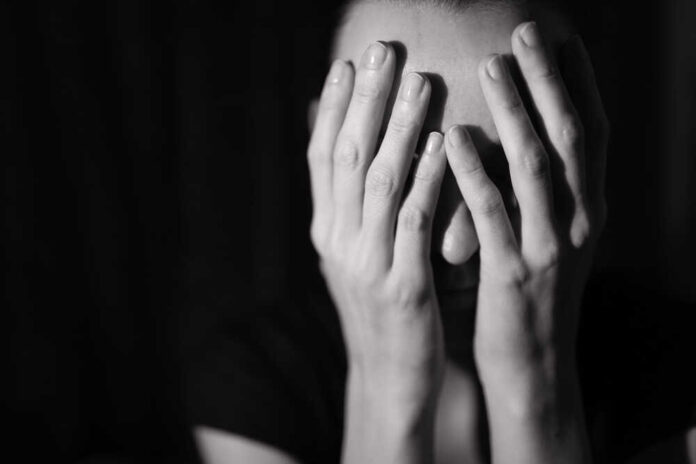
A sweeping international study that surveyed more than a quarter of a million women established a strong connection between the risk of depression and use of oral contraceptives.
According to Therese Johansson of the Department of Immunology, Genetics, and Pathology at Uppsala University, teenagers face the greatest danger. There is a startling 130% higher risk of depression for females who began oral birth control as adolescents.
Those who started using oral contraceptives as adults still faced a 92% higher risk of depression.
Johansson asserted that the younger age group recently came through puberty and are undergoing substantial hormonal changes. She explained, “they can be more receptive not only to hormonal changes but also to other life experiences.”
BREAKING: In a study of over 230,000 women, researchers find that women who started birth control as teens are at a 130% increased risk of depression
It’s no surprise that altering a normal part of a women’s biology with drugs causes bad outcomes.https://t.co/cF0KcWIkQQ
— Lila Rose (@LilaGraceRose) June 13, 2023
This conclusion ignored the fact that those who did not partake of oral contraceptives also experienced changes in hormones at that growth stage. They are also subject to life experiences similar to those who began birth control.
The research, which covered 264,000 participants, did not cover other birth control options. Johansson said that is coming in the near future.
She added that medical professionals and women need to know about potential side effects found in this latest research as well as other studies.
Effects of depression globally are increasingly being studied, and estimates are that at least 25% of women and 15% of men will be treated for its effects at some point in their lives.
A link between use of contraceptive pills and depression has long been considered, but data until now has not been so clear. Many women reported ending its use due to effects on their mental well-being, though conclusions until recently were largely guesswork.
This expansive study showed evidence that the rate of depression decreased after two years of oral contraceptive use. There was a marked difference between teenage and adult users, according to evidence.
Teenage girls on birth control pills continued to have an elevated rate of depression even after stopping use of the medication. That result was not shown in adult users.
Johansson, while lauding the overall benefits of contraception, acknowledged the clear findings of the international study. “Certain women may have an increased risk of depression after starting to use contraceptive pills.”

































